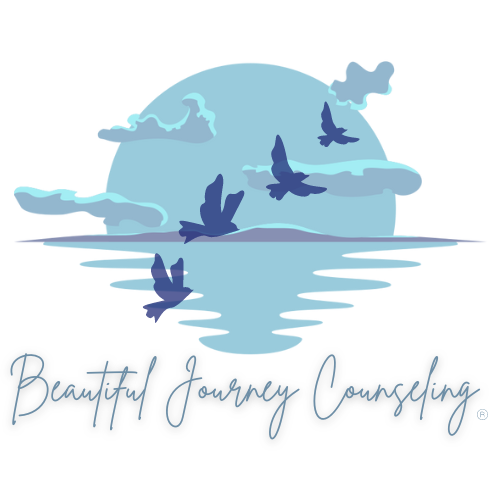Couples Therapy
Couples facing reproductive challenges often experience unique emotional, psychological, and relational strains. Couples counseling for reproductive mental health provides a specialized form of support and guidance, fostering communication, understanding, and resilience as partners navigate these challenges together.
Nurturing the Journey Together
In couples counseling, therapists create a safe and non-judgmental space for both partners to share their thoughts, emotions, and concerns related to their reproductive journey. They help facilitate open and honest communication, allowing each partner to feel heard and validated. By exploring these experiences together, couples can develop a deeper understanding of one another’s perspectives, fostering empathy and compassion.
One of the primary goals of couples counseling for reproductive mental health is to strengthen the partnership and provide tools for effective coping. Therapists collaborate with couples to develop strategies for managing stress, enhancing emotional connection, and fostering resilience. As partners navigate the often unpredictable and emotional landscape of reproductive challenges, couples counseling equips them with the skills to support one another and nurture their relationship.
At Beautiful Journey , our dedicated therapists are committed to providing compassionate support to couples navigating reproductive challenges. Through couples counseling, we aim to help partners strengthen their bond, find healing from grief and trauma, and discover new ways to support one another throughout their reproductive journey. Together, we can navigate the complexities of reproductive mental health challenges, fostering resilience, and empowering couples to continue their journey together.
Counseling can benefit your relationship by providing a safe space to address and navigate the emotional and psychological challenges associated with reproductive issues. It can improve communication, foster empathy and understanding, enhance coping mechanisms, and promote mutual support as you face these challenges together.
Couples counseling can help couples facing various reproductive challenges, such as infertility, perinatal mood disorders, pregnancy loss, birth trauma, decision-making about third-party reproduction or family planning, and coping with the emotional impact of reproductive procedures.
Individual counseling focuses on the self. Couples reproductive mental health counseling focuses on the dynamics, interactions, and emotions within the partnership as it relates to reproductive challenges. It involves both partners actively engaging in therapy together, addressing their concerns as a couple, and working towards shared goals.
The duration of counseling varies depending on the specific needs and goals of the couple. Some couples may benefit from short-term therapy to address immediate concerns, while others may require longer-term therapy to explore deeper emotional and relational issues. The therapist will work collaboratively with you to determine the most appropriate duration of therapy for your unique circumstances.

